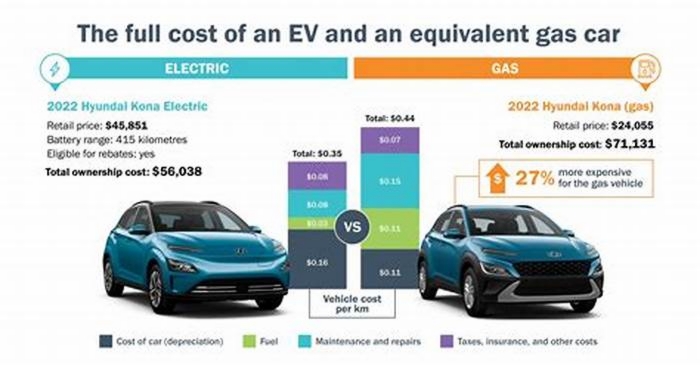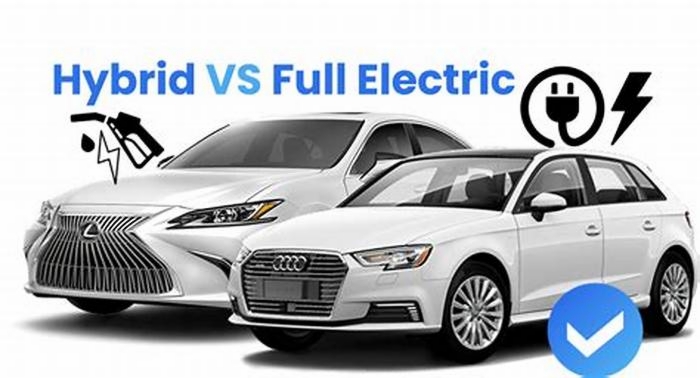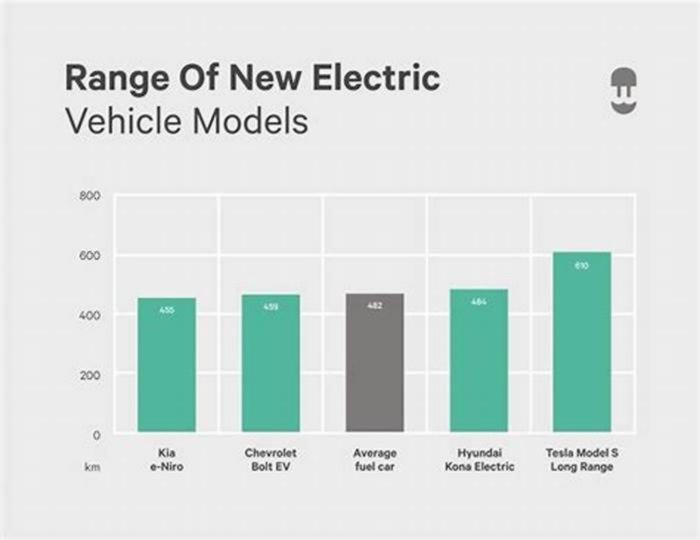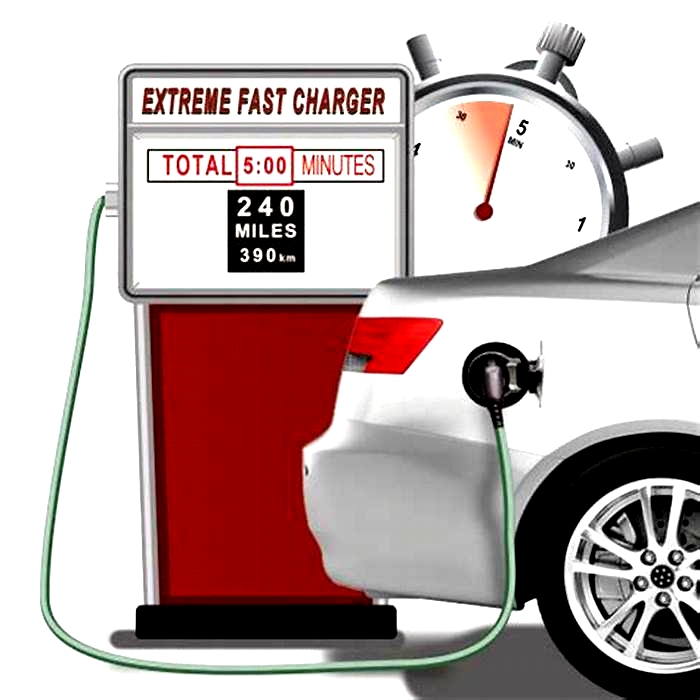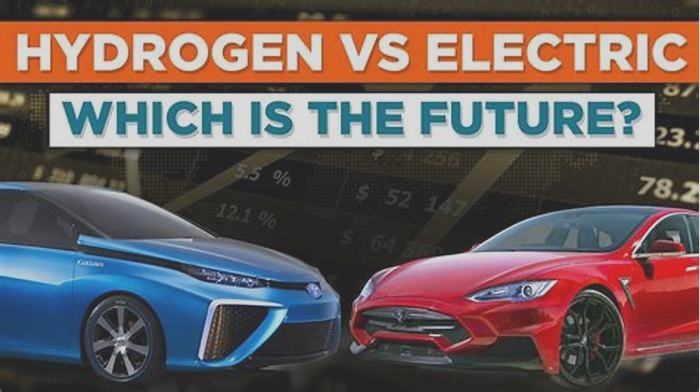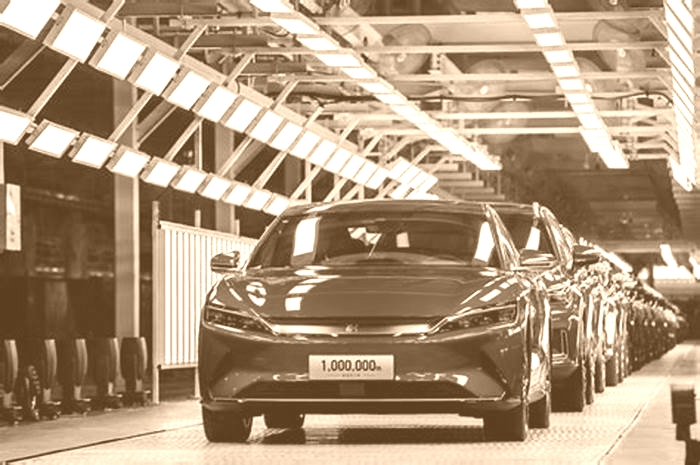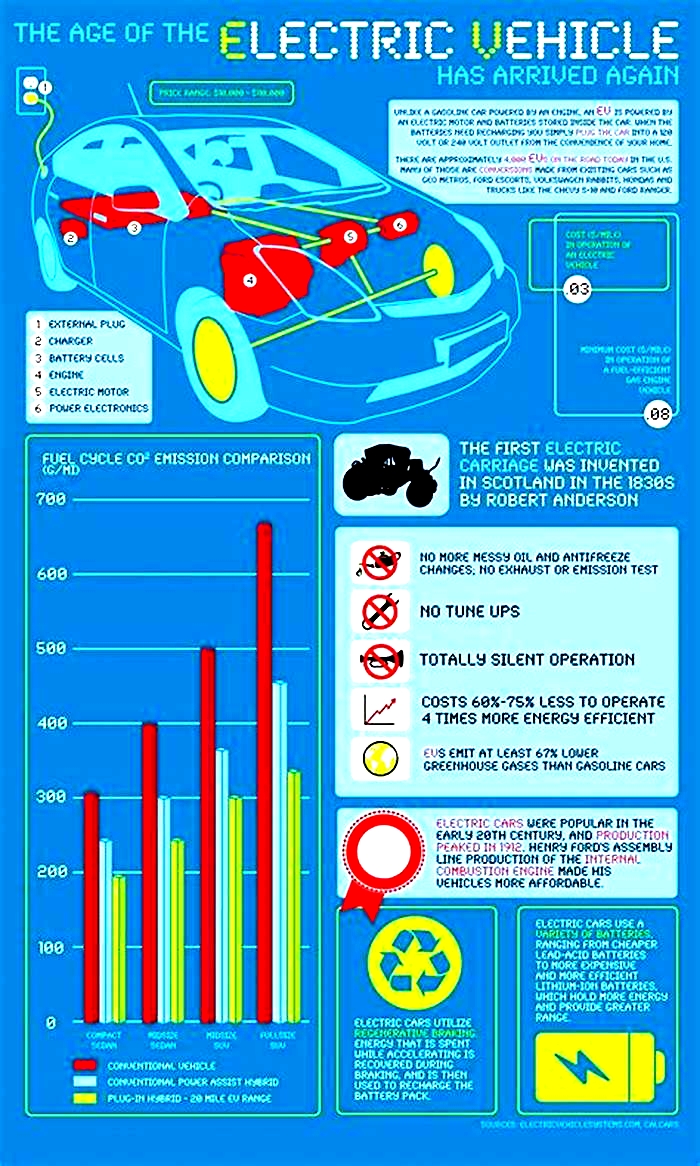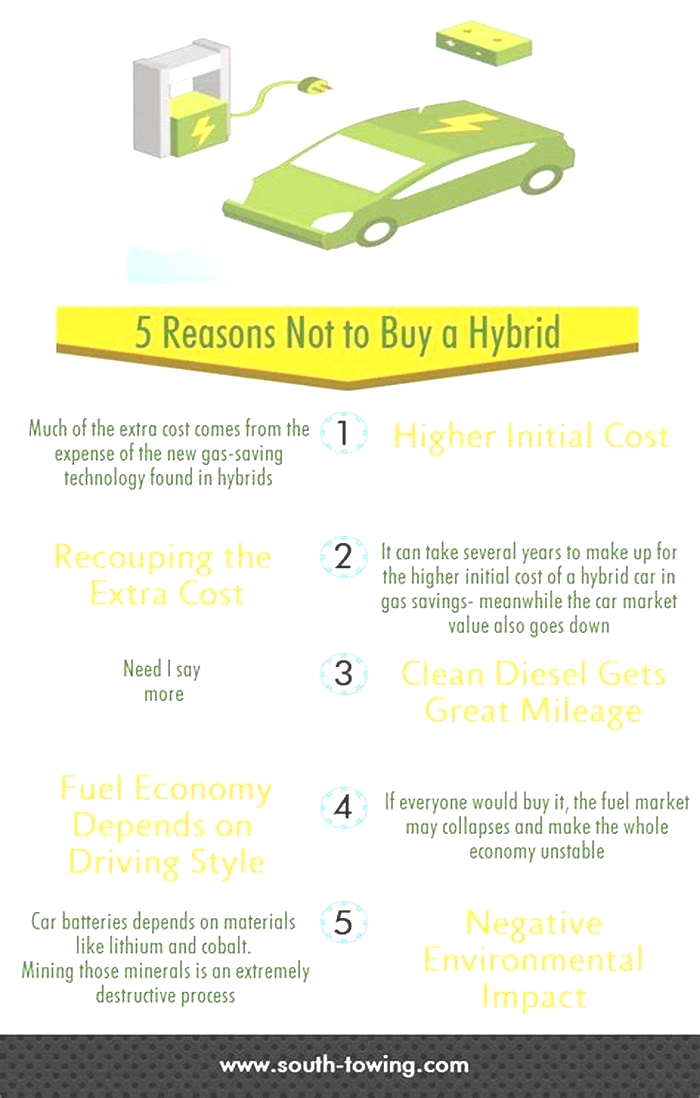Do electric cars last longer than petrol
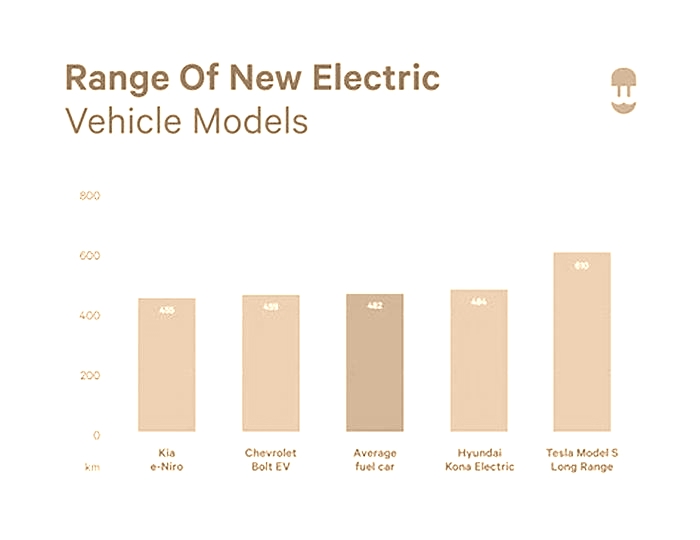
How Long Do Electric Cars Last?
One of the most common questions that people have when they start thinking about buying an Electric car is just how long they last. While petrol cars can last between 150,000 to 300,000 miles, the question remains: how long can we expect an electric car to last?
In this article, we will delve into the factors that affect the lifespan of an electric car, including battery degradation, regular maintenance, and manufacturer warranties. When you have finished reading youll have a better understanding of how long an electric car might last and some tips to make sure that it lasts as long as possible.
How long do electric cars typically last?
With electric cars being so new, there is less data and analysis on the life expectancy of an EV compared to traditional cars. However, based on the current battery lifespan estimates available, electric car components are estimated to last between 15 and 20 years. EVs are well made and designed to last longer, but the batteries have a life expectancy of 15 to 20 years. After this period, while their charging capacity declines, they can still function effectively, especially for owners who have the ability to charge often. This reduced capacity might not be a significant issue for daily short to medium-distance commutes. As battery technology advances, the longevity and efficiency of EVs are expected to improve further, ensuring they remain a viable option for longer, even beyond the initial two decades of use.
How long do electric car batteries last?
Modern EV batteries are designed with advanced technology that significantly enhances their durability. Under normal driving conditions, these batteries now have a life expectancy of 15 to 20 years within the vehicle. This marks a substantial improvement over early predictions and reflects the rapid progress in battery technology and design.
The future of EV batteries looks even more promising, with significant research and development efforts focused on pushing the boundaries of current technology. A key area of advancement is the development of solid-state batteries, which promise to revolutionise the industry by offering several advantages over traditional lithium-ion batteries. These include:
- Longer LifespanSolid-state batteries are expected to last longer than lithium-ion batteries that EVs use now, further extending the usable life of electric cars.
- Double the Range One of the most exciting prospects of solid-state technology is its potential to double the range of EVs compared to current models. This would significantly reduce range anxiety and make electric cars suitable for virtually all types of journeys.
- Safety ImprovementsSolid-state batteries are believed to be safer for EVs, with a lower risk of catching fire or exploding under extreme conditions due to their solid electrolytes.
What causes an EV battery to degrade?
EV batteries will degrade over time due to several factors:
- The number of charge cycles Every time an EV battery is charged and discharged, it loses a small amount of its capacity. The more you use it the more it will degrade over time, so its important to avoid overcharging your EV when you dont need to, try to stick to smart chargers and not constantly use portable EV chargers to continuously trickle charge your EV.
- TemperatureHigh temperatures can make a battery degrade more, while low temperatures can temporarily reduce the batterys capacity, so you need it just right (said Goldilocks). EV batteries perform best at moderate temperatures, you might find that your EV comes with a battery thermal management system to regulate the temperature of the battery.
- Age of the batteryAs the battery gets older its ability to hold a charge will gradually decrease.
- UnderuseIf an EV is left parked and not charged the battery will gradually lose charge down to zero, frequently charging a battery from zero will have a negative impact on how long it lasts.
- Charging speed: Fast charging with a large burst of power can generate heat and cause the battery to degrade faster. Slow charging is less stressful on the battery so trickle charging may help you maintain the batterys lifespan
What other factors can affect the lifespan of an electric car?
There are plenty of other factors besides the battery that can affect the lifespan of an electric car. Here are a few that we can think of:
Electric motorThe electric motor is a key component of an electric car, and its lifespan can also affect the overall lifespan of the vehicle. The motor is simpler than those found in petrol engine cars, but it still requires regular maintenance to make sure it lasts longer.
Tyre wearDid you know that the tyres on an electric car can wear out faster than those on a petrol car due to the weight distribution of the battery? Keep on top of tyre maintenance!
Brake padsElectric cars now use something called regenerative braking to slow down the vehicle, which should in theory reduce the wear and tear on the brake pads. However, the brake pads will still need to be looked after and serviced in order to sustain the overall lifespan of the vehicle.Regular servicing Like any car, you should look to service your electric car regularly. Regular servicing helps to keep the EV running smoothly and can help technicians spot any potential future issues early on, then you can prevent them from becoming more serious and causing further damage to the vehicle.
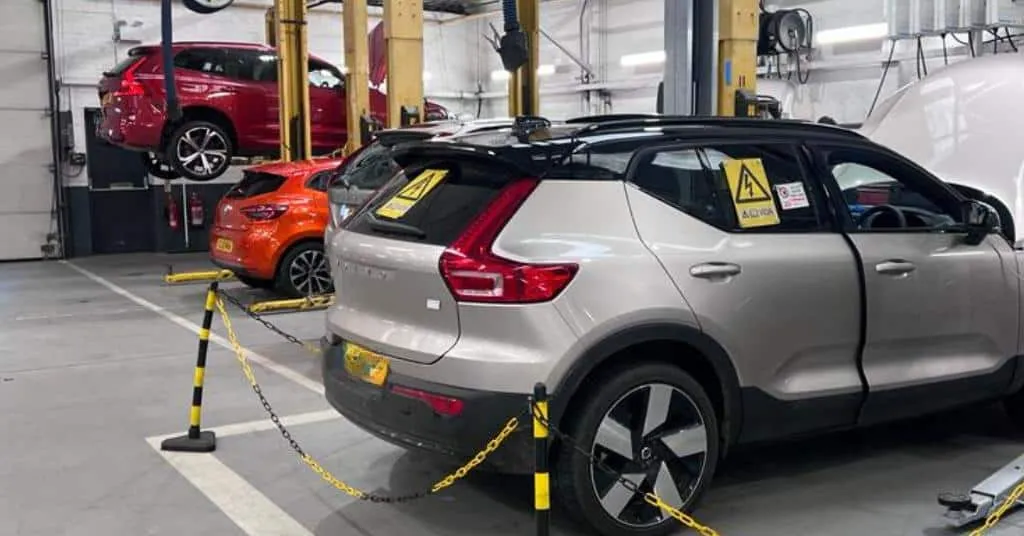
Can you swap out an EV battery?
It is certainly possible to swap out an electric vehicle battery, but its not always easy or cheap! It depends entirely on the make and model of the EV.Nio has developed a battery swapping system for some of their models, where the battery can be swapped out quickly at a Nio battery swap station. However, for most other EV models, swapping out the battery is challenging and time-consuming.
Also, its worth noting that battery technology and voltage can vary between EV models, and even between different years of the same model. So swapping out a battery with a different specification can potentially cause damage to the vehicle! If you do swap out your EV battery you can expect your EV battery to be recycled in accordance with UK law.
Does the way you drive impact how long an electric car lasts?
The way you drive an electric car can definitely impact how long the vehicle lasts. There are 3 key ways in which your driving style can directly impact the lifespan of your EV:
- Acceleration: Hard acceleration can cause the battery to drain faster and can also put a fair bit of stress on the electric motor. Gradual acceleration is a better idea, its gentler on the battery
- Braking: Frequently braking aggressively can cause the brake pads to wear and also waste a lot of energy that could otherwise be used to recharge the battery. Think about the traffic flow ahead of you and brake more gradually
- Driving at fast speeds: The faster you drive the more the cars aerodynamic drag increases, meaning the battery has to work harder and drains more quickly
How to store an EV for a long time?
If you need to store your EV for a while and dont do so correctly, it can impact the overall lifespan of the car. Its important to take proper precautions to ensure the battery and other components remain in good condition. Here are some additional tips on how to store your electric car correctly:
Charge the Battery: Ensure that the battery is fully charged before storing the car. This will help prevent the battery from losing its charge over time.
Disconnect the 12-Volt Battery: In addition to the main battery pack, electric cars also have a 12-volt auxiliary battery that powers the vehicles accessories, such as lights and an audio system. Its recommended to disconnect the 12-volt battery to prevent it from draining and running flat. If our 12-Volt battery does run out completely you can jump-start an electric vehicle in the same way that you would a petrol car.
Store in a Cool, Dry Place: Just like a fine wine, you should store your electric car in a cool, dry place, such as a garage. This will help to protect the car from nasty weather and humidity.
Inflate the tyres: Get them to the recommended pressure to prevent flat spots from developing. If possible, move the car occasionally if you can, to prevent the tires from becoming flat on one side.Cover the Car: Use a car cover to protect it from dust and bird poop!
What should I look for when buying an electric car to ensure a long lifespan?
Check the electric vehicles MOT history, you can do this online at the Gov website. Any repeat red flags that might indicate the EV has longer-term issues?Its also worth looking for an electric car that has an effective battery cooling system, as this can help to extend the lifespan of the battery. High temperatures can cause the battery to degrade more quickly, so a cooling system can help to regulate the temperature and protect the battery.
Its really important to carefully study the manufacturers warranty when purchasing an EV. Look for an electric car with a manufacturers warranty that covers the battery and other components.
How to compare EV warranties
When comparing electric vehicle (EV) warranties, here are a few things you should study to make sure you are comfortable with the level of cover:
- The basics how much overall coverage is there? Check the duration and mileage limits of the basic warranty, also known as the bumper-to-bumper warranty. This coverage typically includes most components of the vehicle, excluding wear-and-tear items like brakes and tires. Look for a warranty with a longer duration and higher mileage limit to maximise coverage.
- Battery cover We know that the battery is one of the most expensive and crucial components of an EV, pay special attention to the battery warranty. Look for warranties that offer a longer duration and higher mileage limit.
- TransferabilityWarranties should be transferable to new owners if you sell them, which can increase the resale value of your EV. Check whether the warranty you are considering is transferable and if any fees or conditions apply.
- Exclusions and limitationsCheck the warranty terms to understand any exclusions or limitations, as they may impact the coverage and support you receive.
MORE> How Long Does a Tesla Battery Last?
The final word on how long electric cars last
With proper care and maintenance, and a bit of due diligence during the purchase process, electric cars can last for at least 15 to 20 years and likely beyond.How long an electric car lasts will depend on several factors, including the batterys size, cooling system, and how you approach charging the vehicle ensure you have chosen the best EV charger to suit your vehicle and be sure to regularly maintain that charger. Driving style also plays a part, try to drive with gentle acceleration and braking, keep your speeds down and this may help to extend the lifespan of your electric vehicle.
Ready to dive even deeper...
John Ellmore
John is the Editor and Spokesperson for Electric Car Guide.
With over 20 years of writing experience, he has written for titles such as City AM, FE News and NerdWallet.com, covering various automotive and personal finance topics.
Johns market commentary has been covered by the likes of The Express, The Independent, Yahoo Finance and The Evening Standard.
Do Electric Cars Last Longer Than Gas Cars?
Due to climate change concerns and other factors, more automakers are shifting toward EV production. Several have pledged to go all-electric by 2030, and we might see only electric Jaguar models come 2025. Dodge even announced its all-new eMuscle would dethrone the beloved Charger and Challenger.
It appears gas cars will eventually go extinct, which has led to plenty of questions. Are EVs self-sustaining enough to last longer than the cars weve been driving for decades? Though EVs are easier to maintain in some aspects, they also come with their own unique problems.
How many miles can an EV last?

As is the case with any vehicle, a cars lifespan depends on how well you take care of it throughout the years. Gas cars and EVs should have regular tire rotations, brake fluid refills, new windshield wipers, car washes, and so on. However, according to Autotrader, an EV doesnt have nearly as many expensive parts to replace.
A gas cars engine and transmission are arguably its most important components. Though its not too difficult to make both last a long time, they can deteriorate faster owing to several factors. Regularly driving too fast can strain the engine, as can not supplying it with enough oil or coolant.
Both the engine and transmission are also made up of smaller components, such as camshafts and head gaskets, which can fail prematurely. If you need a completely new engine, youre looking at least $3,000 for the average four-cylinder. Add a new transmission, and you might be better off purchasing a used car.
This is the main reason why Autotrader says electric cars typically last longer than vehicles with gas engines. There are fewer maintenance appointments to worry about, and EVs dont have engines or multi-speed transmissions, so they dont have problems with those parts. In addition to saving money on repairs, you wont have to deal with rising fuel prices if you drove an electric vehicle.
What is the most expensive repair for an EV?
Autotrader also says that an electric cars most expensive repair by far is fixing the battery. Like batteries in gas cars, EVs batteries eventually deteriorate because of extended use. But unlike batteries in gas cars, EV batteries typically cost at least $5,000.
However, the good news is that an EV battery lasts 10 years on average before needing a replacement. Many vehicles with gas engines can run up to 200,000 miles, which is more than 10 years if theyre driven an annual average of 12,000 to 15,000 miles. However, thats also assuming no engine component fails over time, which is unlikely.
The average EV battery warranty is also generous at eight years. Mile allowances vary, but Tesla offers the best coverage with unlimited miles.
The drawbacks to owning an electric vehicle
In addition to requiring expensive batteries, todays electric cars run into repair problems after collisions. EVs are still relatively new to the market, so finding replacement body and battery housing parts can be difficult. Additionally, EVs typically have more expensive technology (such as Teslas Autopilot) that requires more expertise to repair.
Also, charging infrastructure is a huge hurdle for many drivers. Though many cities and suburbs offer EV charging stations, rural areas are largely neglected by comparison. The convenience of a home charging station is nice, but its not always an option for renters.
Plus, the resale outlook for EVs still isnt that great. Buyers prefer to stick with what they know, and a looming battery replacement bill doesnt encourage them. Of course, as electric vehicles slowly gain more popularity, many drivers will likely begin valuing longevity over price.

